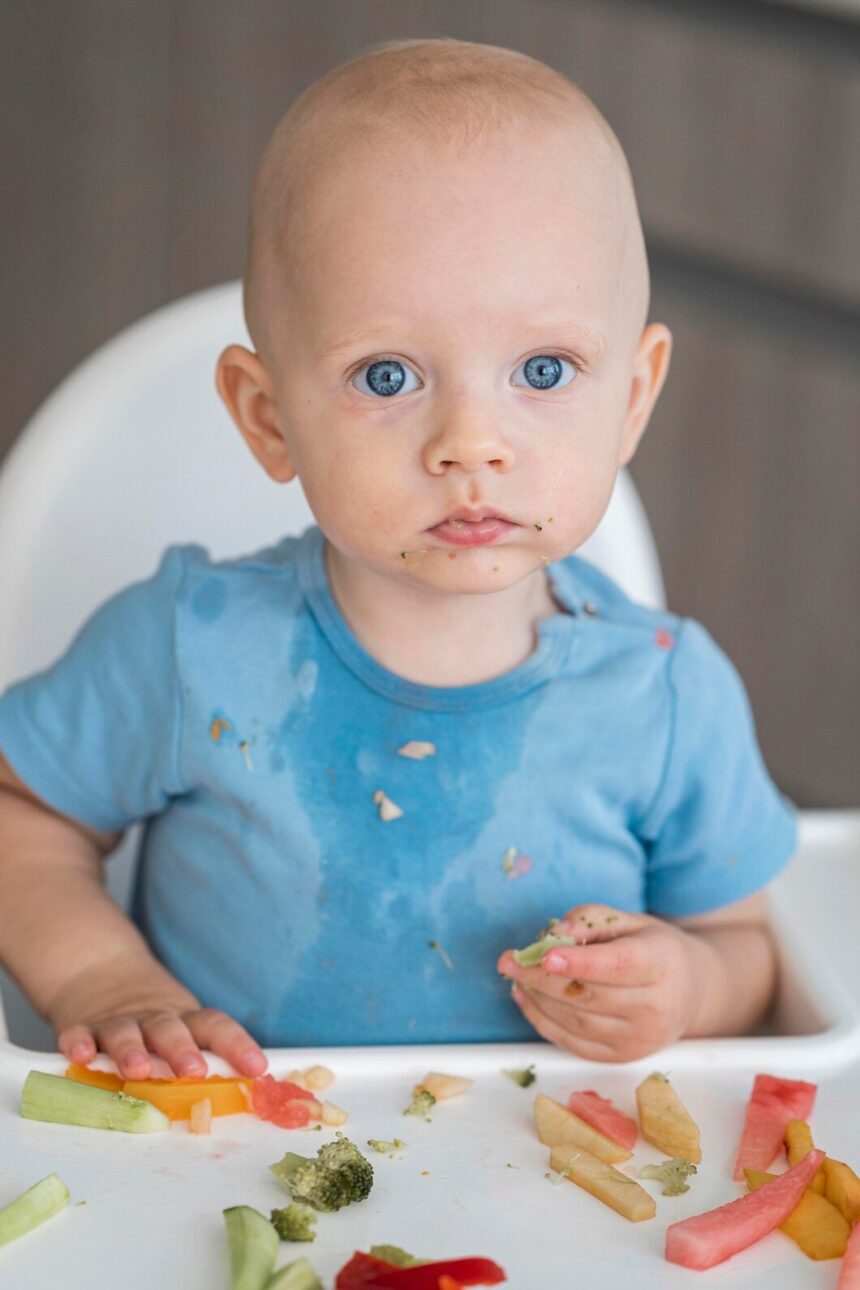As babies grow, they reach various developmental milestones that are both exciting and essential for their overall growth. At 16 months old, many children are advancing rapidly in their physical, cognitive, social, and emotional skills. Here are some key milestones to watch for:
1. Physical Development
At 16 months, most toddlers are refining their motor skills. They may:
- Walk Independently: Many children walk without support by this age, and some may even start running or climbing.
- Improve Fine Motor Skills: They can grasp small objects using their thumb and forefinger and may begin to stack blocks or turn pages in a book.
- Feed Themselves: They often show an interest in using utensils, though it may still be messy.
2. Cognitive Development
Cognitive skills are also advancing as toddlers explore their world. At this stage, they might:
- Understand Simple Instructions: They can follow basic directions like “come here” or “give me the toy.”
- Engage in Simple Problem-Solving: They may try to solve simple puzzles or figure out how to get a toy out of reach.
- Show Curiosity: Expect increased interest in exploring their environment and experimenting with different objects.
3. Language Development
Language skills are rapidly evolving. By 16 months, toddlers often:
- Say a Few Words: They might have a vocabulary of several words and may use them to communicate basic needs or desires.
- Understand More Words: They comprehend more words than they can say and may respond to familiar names or objects.
- Imitate Sounds and Words: They often mimic the sounds and words they hear from adults and older children.
4. Social and Emotional Development
Social interactions and emotional growth are also significant at this age. Typical behaviors include:
- Show Attachment: They may show preference for certain caregivers and seek comfort from them when upset.
- Exhibit Separation Anxiety: It’s common for toddlers to become distressed when separated from their primary caregivers.
- Engage in Play: They begin to engage in simple play activities, such as pretend play or playing alongside other children.
5. Motor Skills Development
Gross and fine motor skills continue to develop, including:
- Climbing and Exploring: They may climb onto furniture or other low objects and explore their environment with increased confidence.
- Push and Pull Toys: Using toys that they can push or pull while walking helps improve their balance and coordination.
Each child develops at their own pace, and variations are normal. If you have any concerns about your child’s development, consulting with a pediatrician can provide guidance and reassurance. Celebrating these milestones can help you enjoy and support your child’s growth during this exciting stage.










